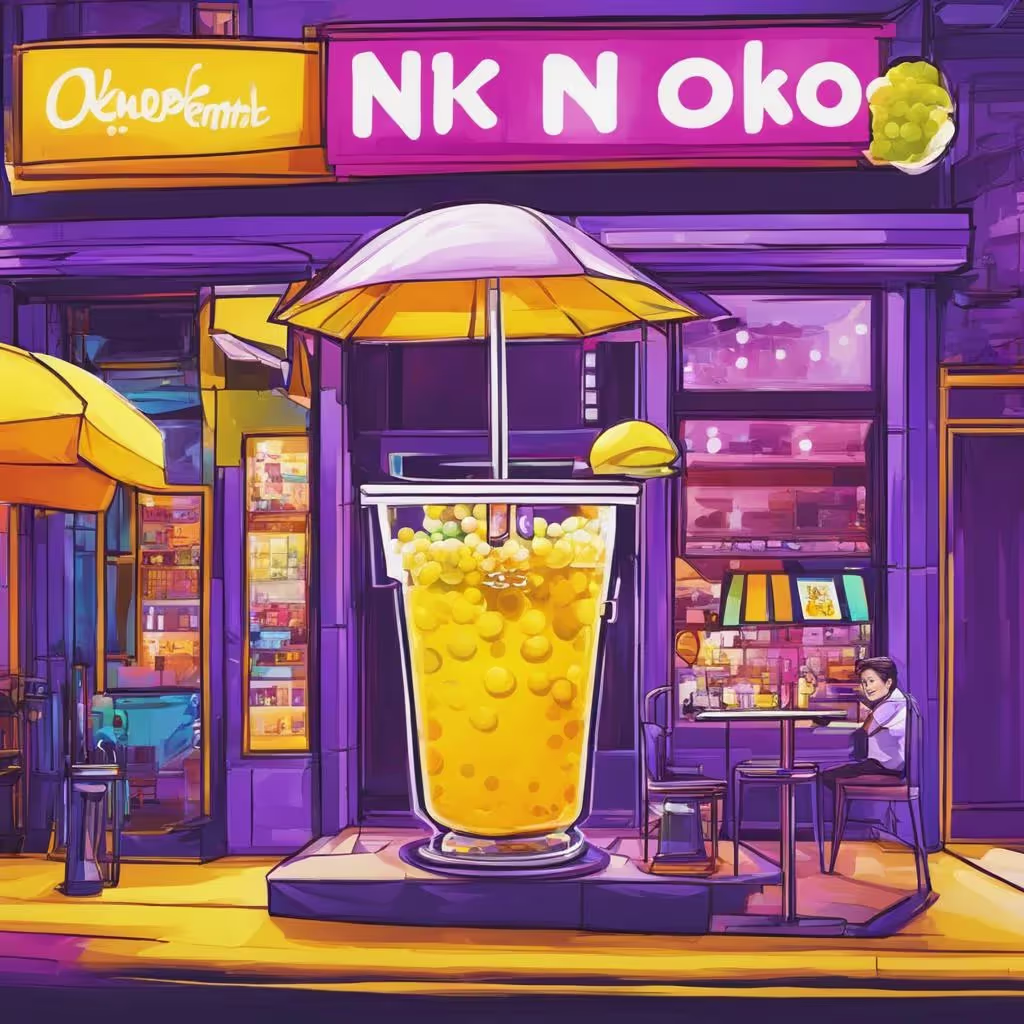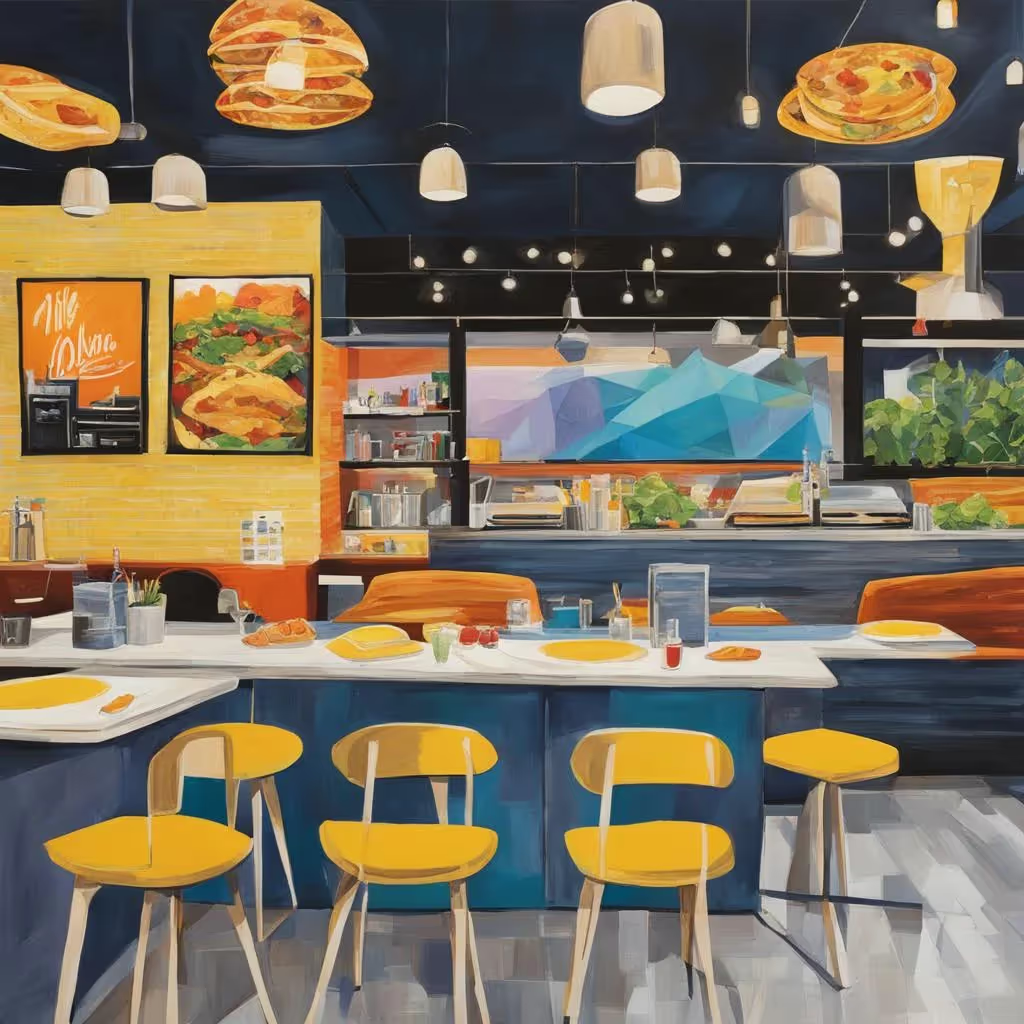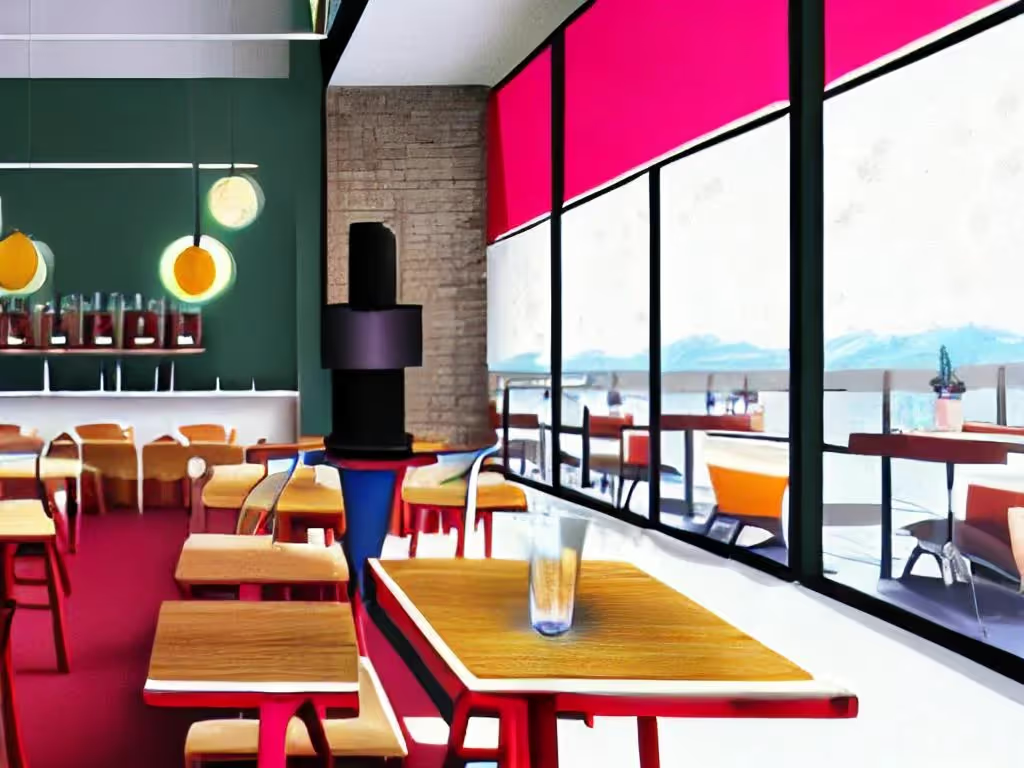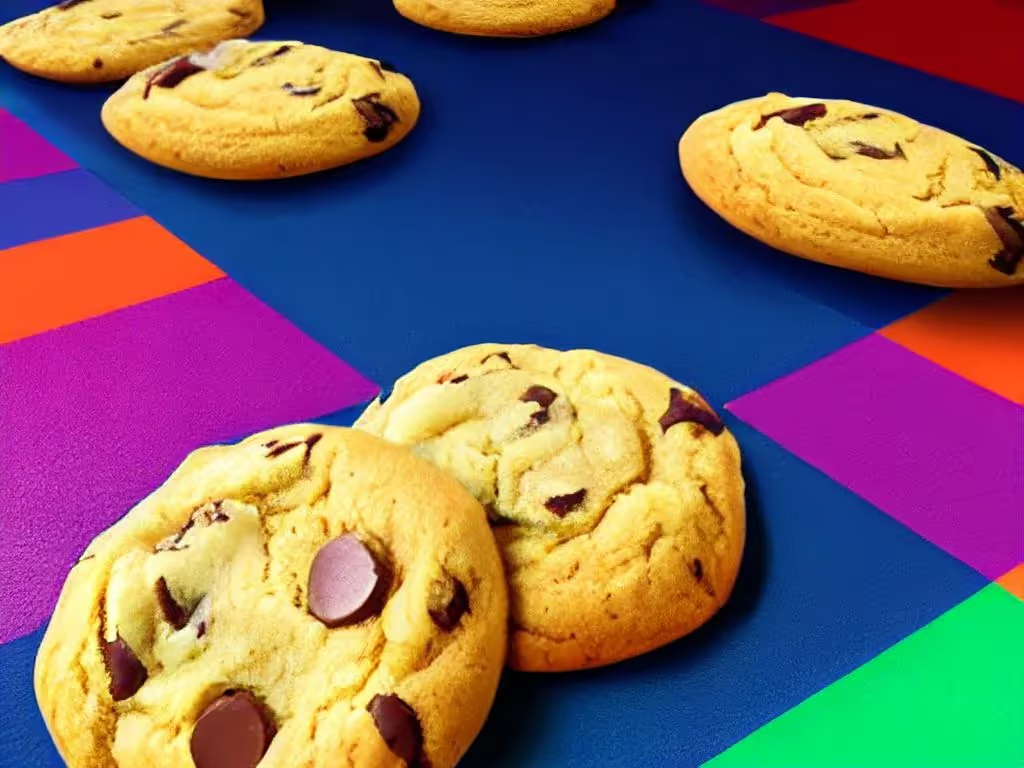TLDR
If you own a coffee shop and are weighing your options for a point of sale system, chances are you’ve come across Toast and Square. Both are big names in the food and beverage world, but when it comes to cafés, Square is pulling ahead. Owners are finding it simpler, cleaner, and more affordable than Toast, which was built with restaurants in mind.
The move is not just about saving a few dollars. Coffee shops care about design, speed, and customer experience. Square aligns with those priorities in ways Toast often does not. That’s why we are seeing more cafés swap out Toast for Square, from small independents to recognizable names in the industry.
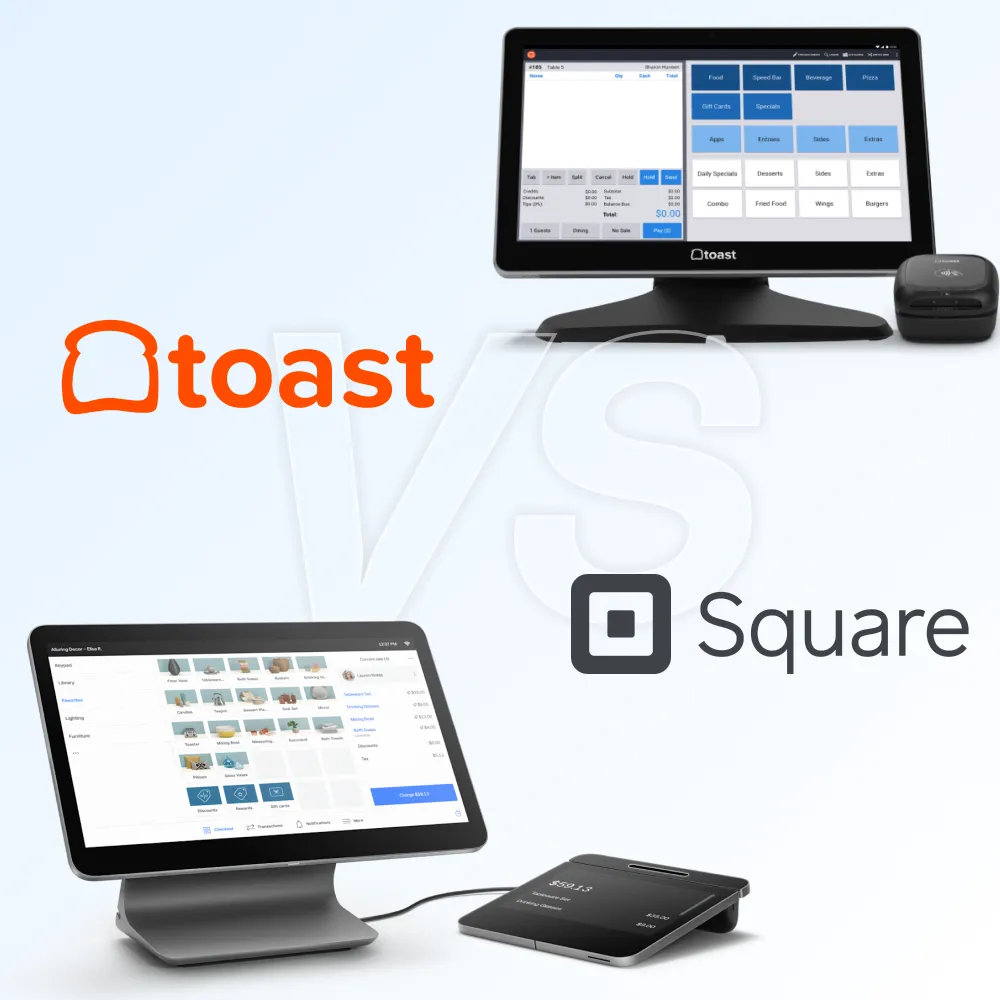
What Coffee Shops Really Need in a POS
Before diving into the reasons behind the switch, it helps to ask what makes a POS work for coffee shops in the first place. The needs of a café are not the same as a restaurant. A successful system for a coffee shop usually comes down to four things:
- Hardware that looks good and doesn’t clutter the counter.
- Software that staff can easily pick up.
- Pricing that makes sense for a business with smaller margins.
- Loyalty features that bring customers back.
- Flexibility to accept all types of payments, from cards to mobile wallets.
These are the qualities that drive decision-making for owners. When viewed through that lens, it becomes clear why Square is becoming the preferred choice.
1. Hardware and Design: Why Counters Shape Customer Experience
In a restaurant, the POS system usually sits out of sight. In a coffee shop, it is front and center. Customers often stand directly across from it, watching baristas work while they wait for their drinks. That makes the hardware part of the overall customer experience.
Toast systems are powerful, but they were designed with restaurants in mind. Large monitors, multiple terminals, and wires running across the counter can make a small space look cramped. For a café trying to present a minimal and modern environment, that is a real drawback.
Square takes the opposite approach. Its compact terminals and wireless readers keep the counter looking open and uncluttered. This not only improves the look of the space but also makes it easier for staff to move quickly during rushes. For coffee shops that rely on atmosphere to attract and retain customers, the hardware becomes part of the brand. A smooth, minimal setup communicates care and attention, while bulky hardware suggests outdated systems.
2. Usability: Easy for Baristas, Smooth for Customers
Training That Fits the Pace of a Café
Turnover is common in the coffee industry, which makes training a constant challenge. A POS system needs to be something new that staff can learn quickly. Square is designed with simplicity in mind. Most baristas can master the basics in a single shift, which frees up managers from long onboarding sessions.
Toast’s deeper features make sense in restaurants that deal with table service, multiple menus, and layered operations. In a café, those same features often feel like overkill. Staff don’t have the time to dig through extra settings when the line is stretching to the door.
Keeping Service Consistent
Easy training leads to consistent service. When baristas know the system well, they handle payments without hesitation. On Square, splitting a bill, applying a discount, or processing a refund takes only a few taps. Customers get the same quick checkout every time, even during the busiest rush.
In a coffee shop, that reliability matters as much as the drinks. A smooth transaction keeps the line moving and leaves customers with a positive impression. Square makes the checkout process simple and fast, so baristas can focus on conversation and coffee instead of troubleshooting a register.
When staff are not second-guessing the POS, they can focus on customer interaction — the part of service that actually builds loyalty.
3. Pricing and Flexibility: A Better Fit for Café Budgets
Margins in coffee shops are slim, so every cost matters. Toast’s pricing structure reflects its restaurant roots. It often requires a larger upfront investment in hardware, along with higher monthly fees for software plans. On top of that, Toast adds charges like a flat $15 per incident for chargebacks, which can pile up for small businesses.
Square offers a leaner model. The hardware is less expensive, the subscription options are simpler, and there are no chargeback fees. For independent cafés or small chains, this difference in ongoing cost can be significant. Owners can allocate that money toward staff, better beans, or improving the space instead of funneling it into software.
Flexibility is another advantage. Square can run on minimal equipment and still handle high volumes of transactions. Toast’s hardware commitment makes scaling more expensive. For a coffee shop testing out new locations or expanding into different neighborhoods, Square’s low barrier to entry makes growth less risky.
Many cafés are already making this shift. Blind Tiger Coffee Roasters, a well-known brand in Tampa with several locations and a loyal customer base, recently made the move to Square. Owned by Roberto Torres, the company found that Toast’s higher costs and heavier hardware didn’t match the pace of their cafés. By introducing Square and pairing it with mobile ordering through Per Diem, they created a setup that works better for their staff and gives regulars a quicker way to pick up their drinks. The decision was not about chasing trends but about choosing tools that fit the way a modern coffee business runs.
4. Customer Loyalty and Growth: Turning Visits into Relationships
Coffee shops depend on repeat customers. A regular who stops by every morning is far more valuable to the business than someone who visits once a month. This makes loyalty programs a key part of running a café.
Square makes this simple. Owners can set how much a customer earns with each purchase and design rewards that fit their shop, such as a free drink after a certain number of visits or a discount on the next order. The setup only takes minutes, and customers receive reminders that keep the café in mind. Many shops also connect Square with Per Diem, a loyalty-focused mobile ordering app that works smoothly with it. This allows customers to order ahead, skip the line, and still collect rewards in fun ways. Together, they create a stronger bond between cafés and their customers by making every visit rewarding and convenient.
Toast has loyalty features as well, but they are often included in higher-priced plans. For many coffee shops, those added costs are difficult to justify. Square’s program, when combined with Per Diem, is more accessible and affordable. It gives cafés the ability to build lasting relationships without adding extra complications.
Choosing a POS system is no small decision for a coffee shop. It affects daily operations, customer experience, staff training, and even the look and feel of the space. The comparison between Toast and Square shows that while Toast could be appropriate for full-service restaurants, Square is proving to be a better fit for cafés that want simplicity, style, and value.
Discover how Per Diem helps cafés using Square build stronger customer relationships.
Final Thoughts
Coffee shops succeed when they deliver speed, consistency, and a welcoming atmosphere. The right point of sale system plays a quiet but crucial role in making that possible. Square offers hardware that does not crowd the counter, software that baristas can master in a single shift, and pricing that keeps costs predictable. When paired with loyalty features and mobile ordering options, it also helps turn daily customers into long-term supporters.
This is why more cafés, from small independents to established names with multiple locations, are moving away from Toast and embracing Square. The decision is not only about technology. It is about creating a café environment where everything works in harmony, from the design of the space to the experience of the customer. For many owners, Square has become the system that lets them achieve that balance.
Still comparing your options? Here’s a detailed breakdown of Square, Toast, and Clover for independent coffee chains: Read the full analysis.


.webp)


.webp)
.png)
.webp)


.avif)
.webp)
.webp)
.webp)

.webp)









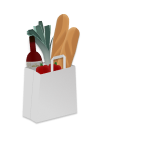
.png)
.png)







.svg)
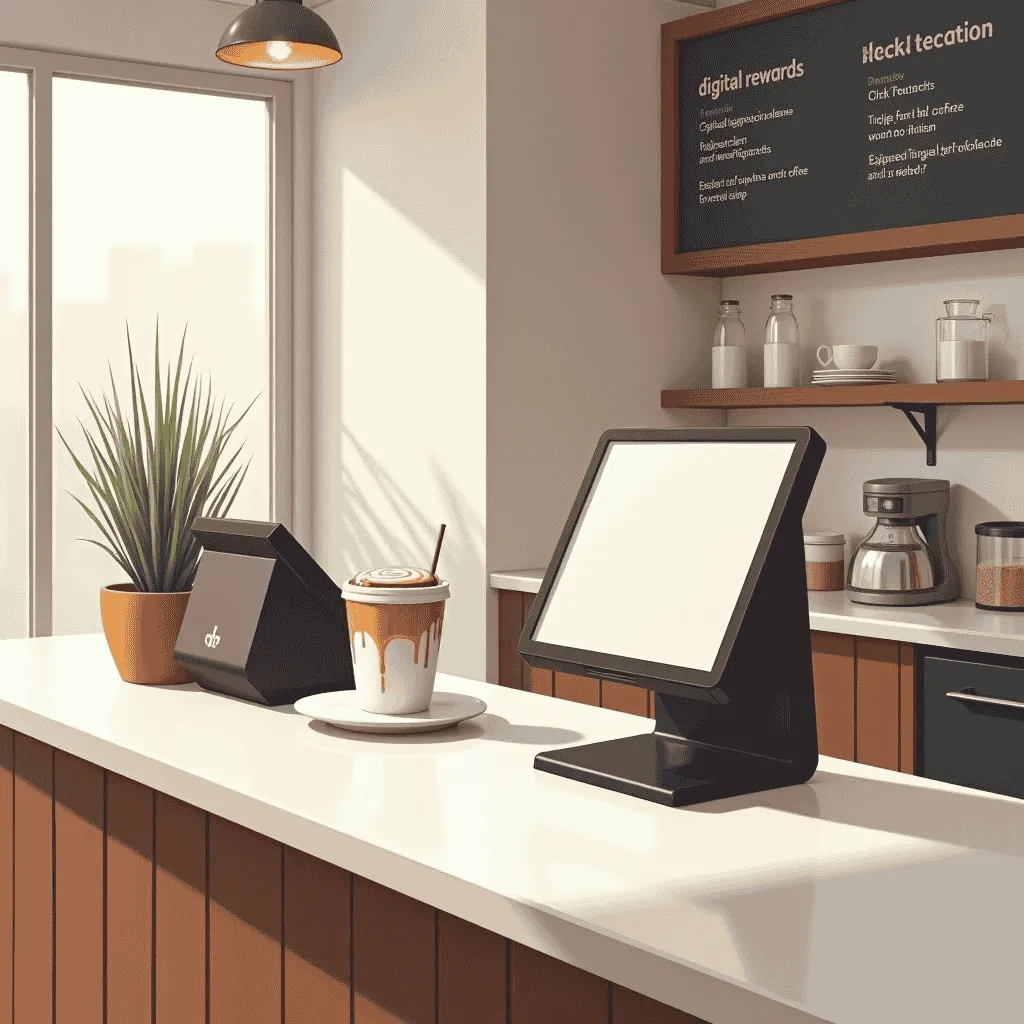




.svg)
.svg)
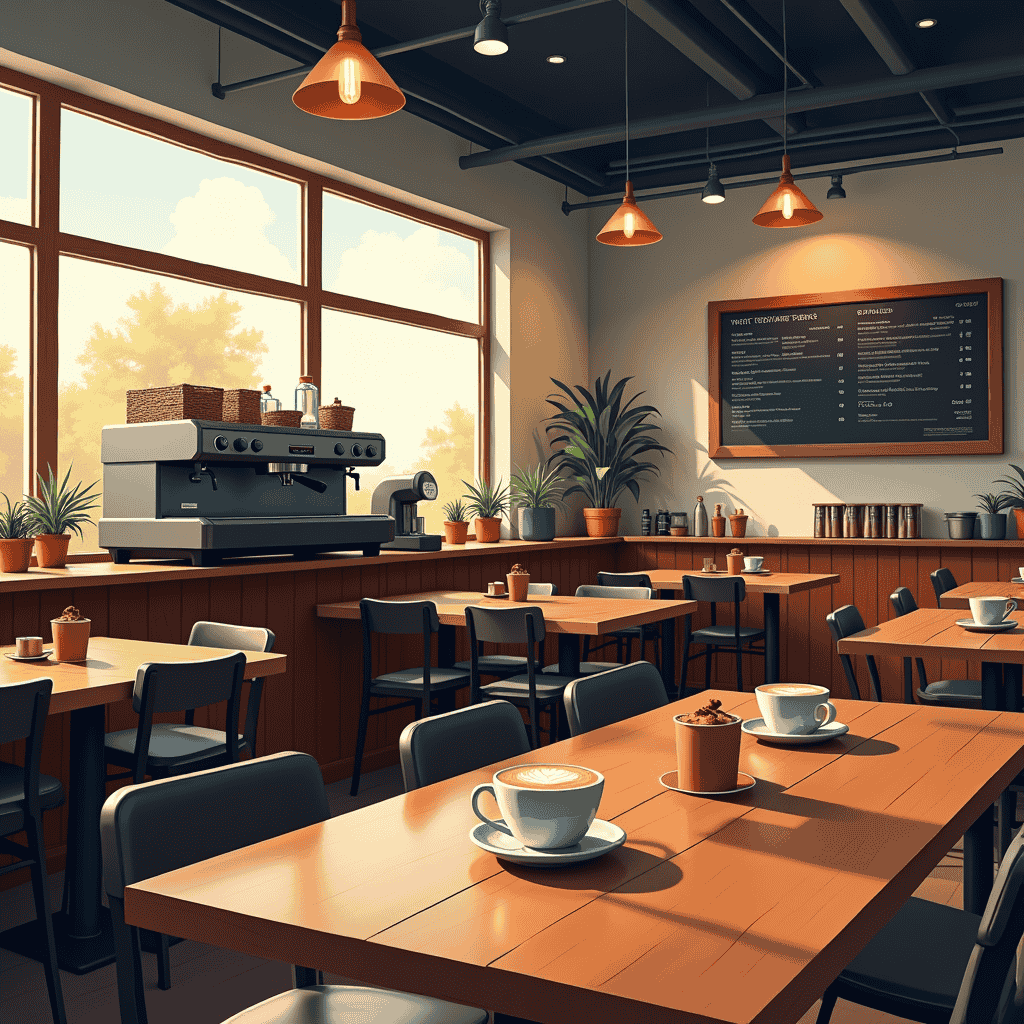

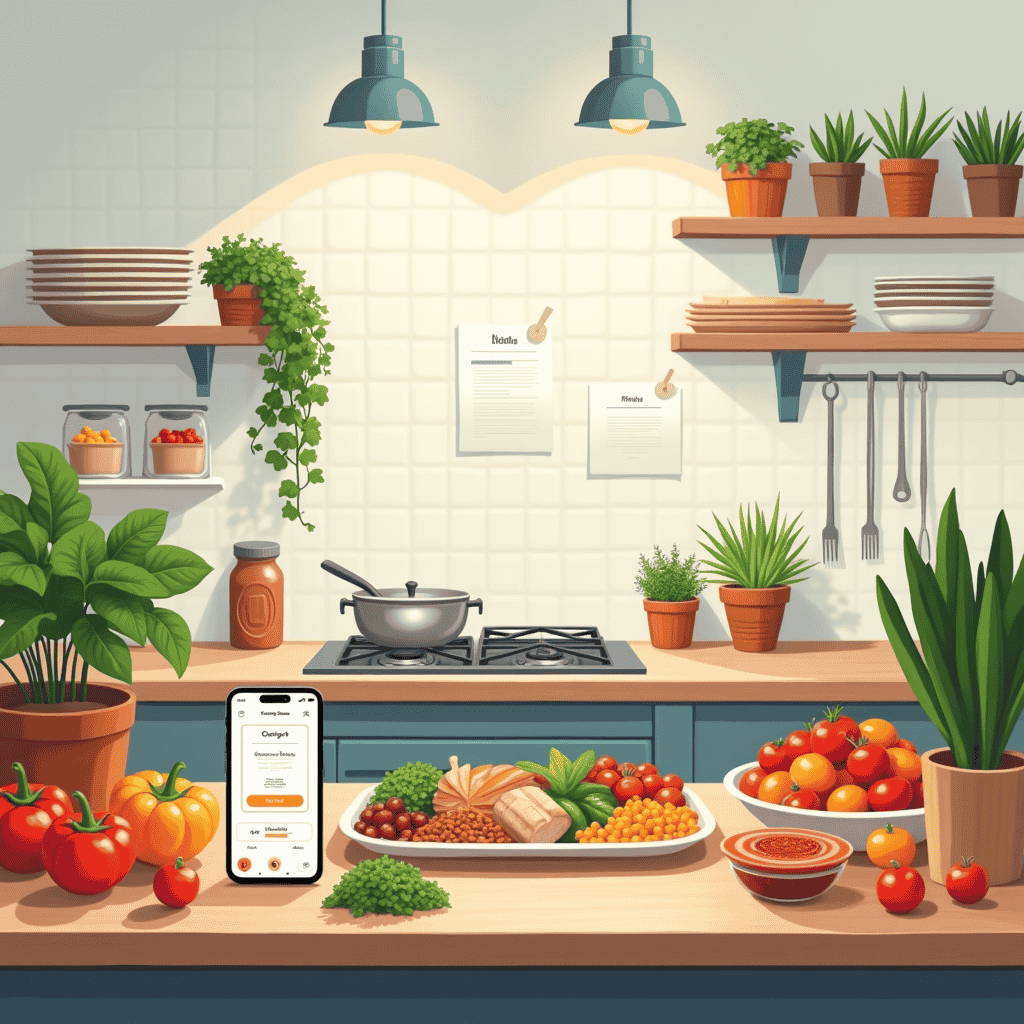
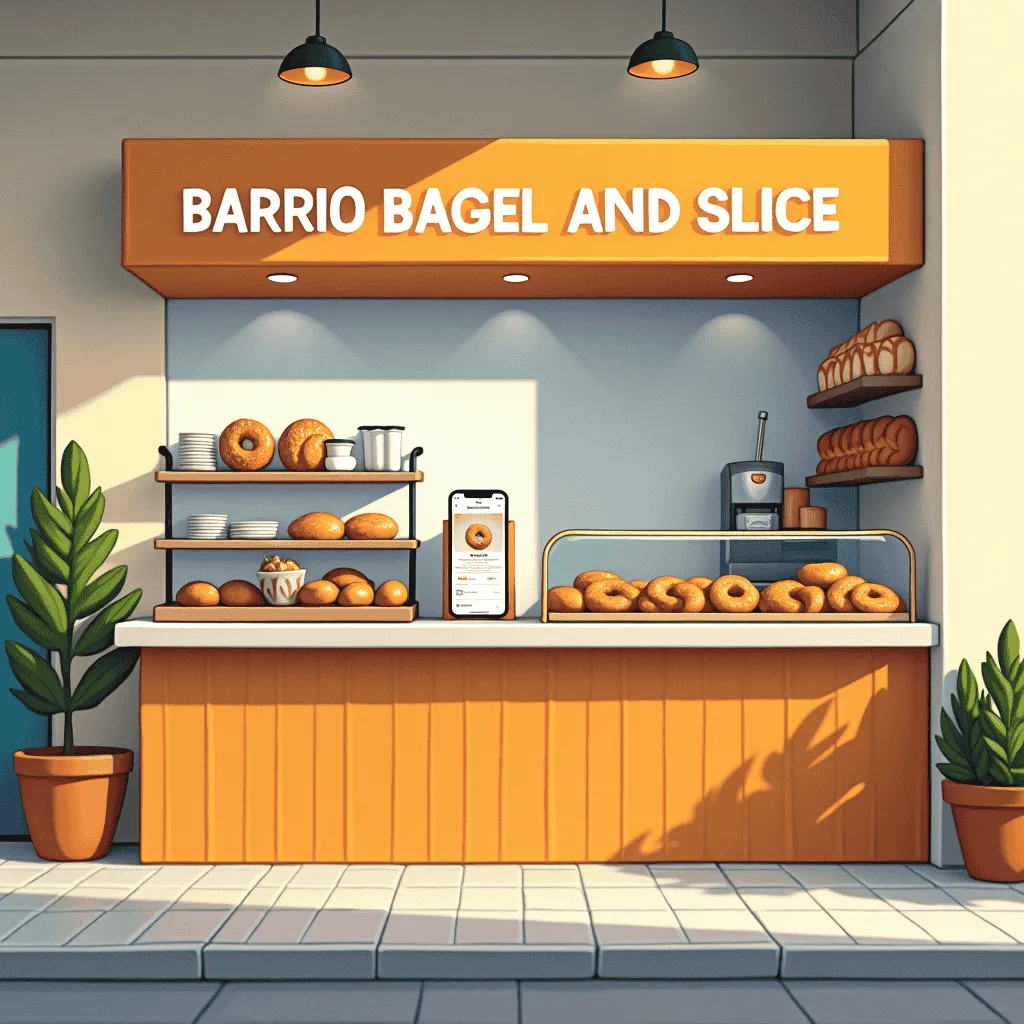
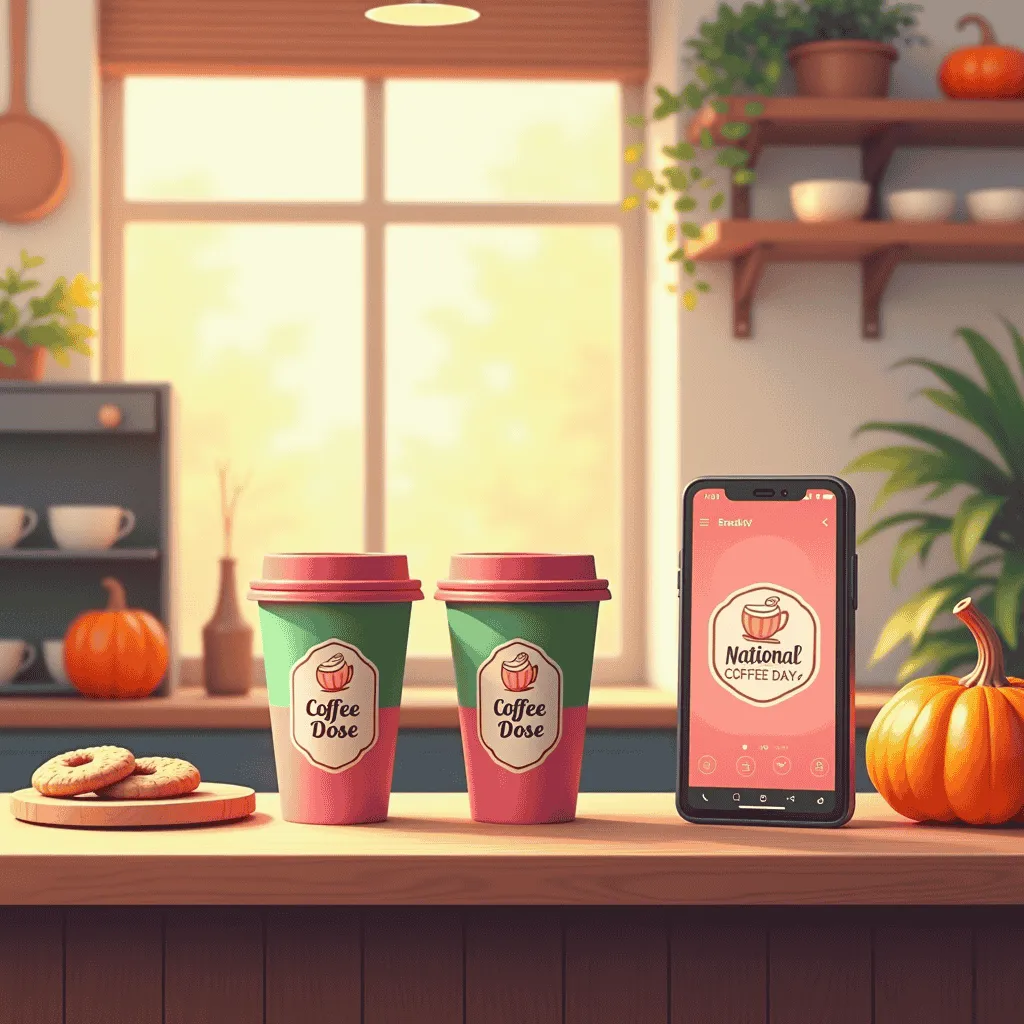
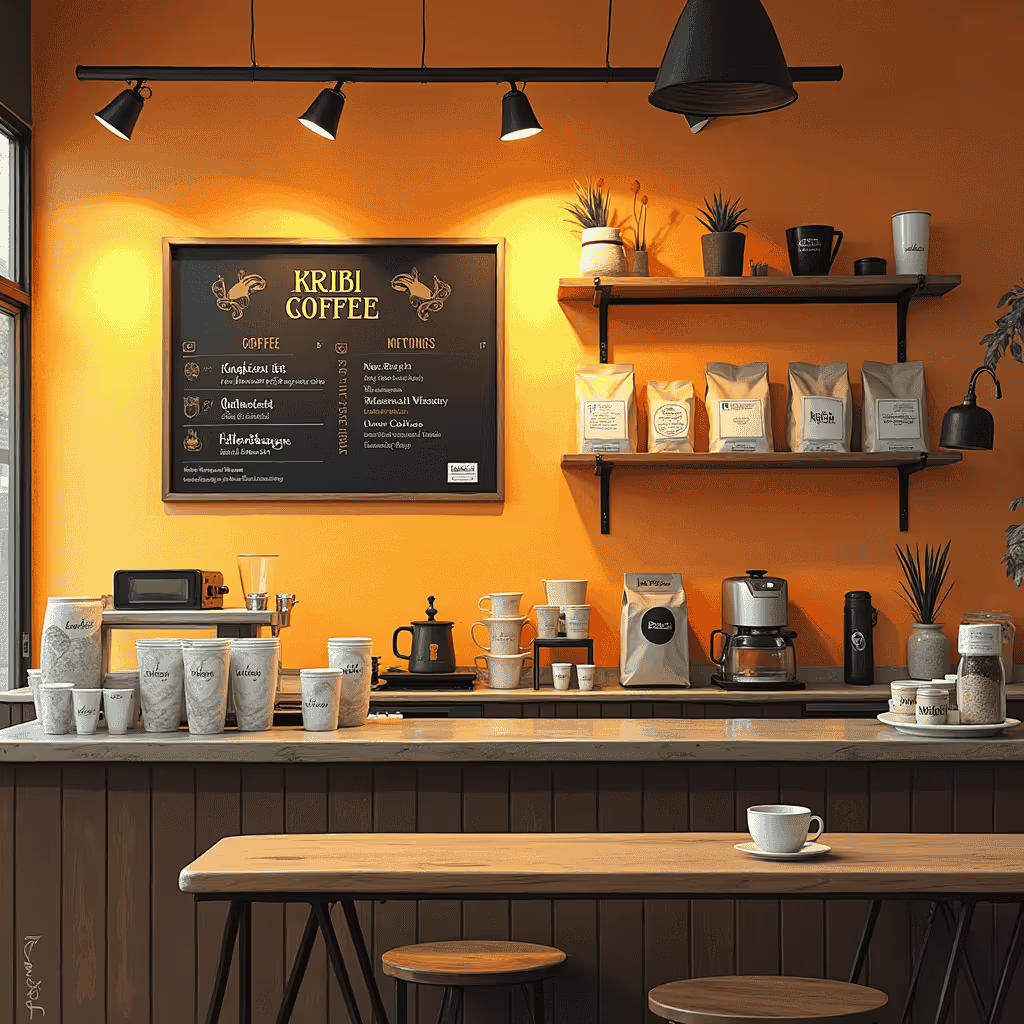
.avif)
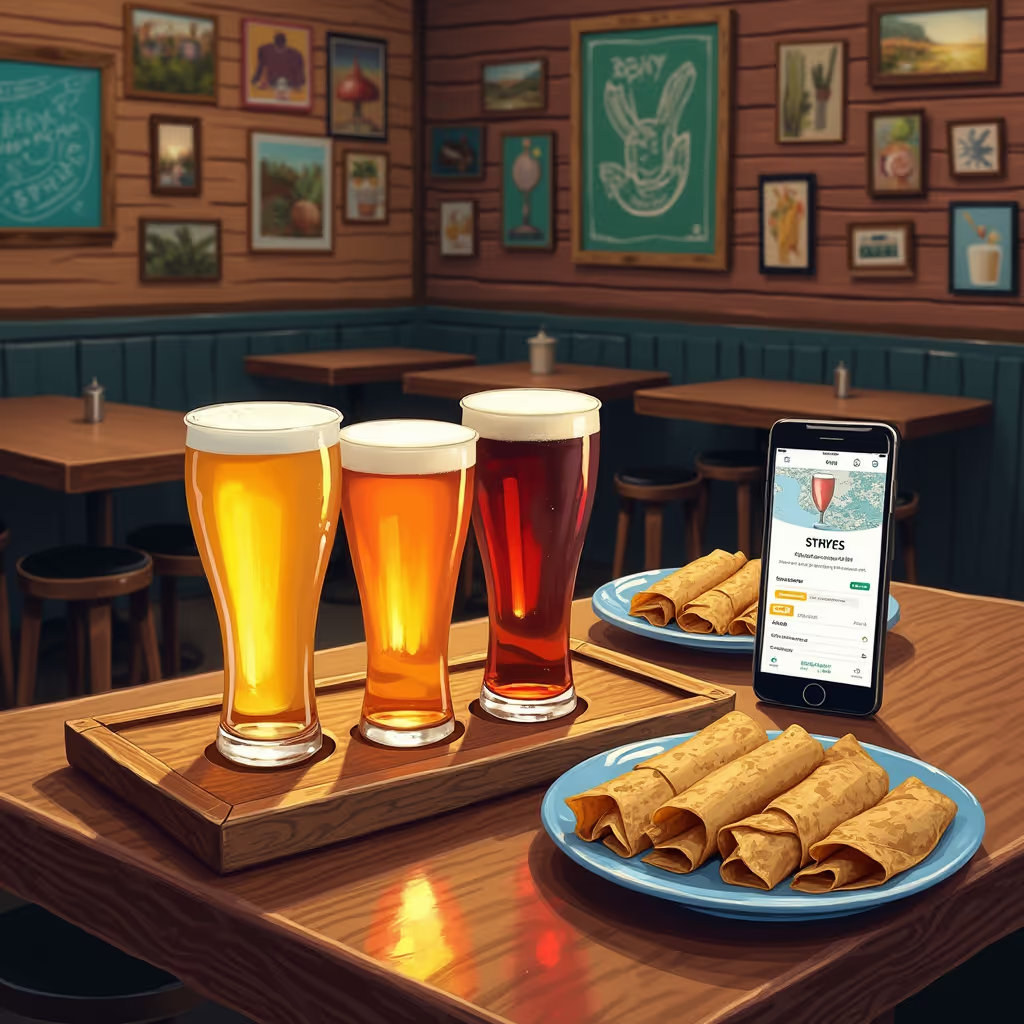
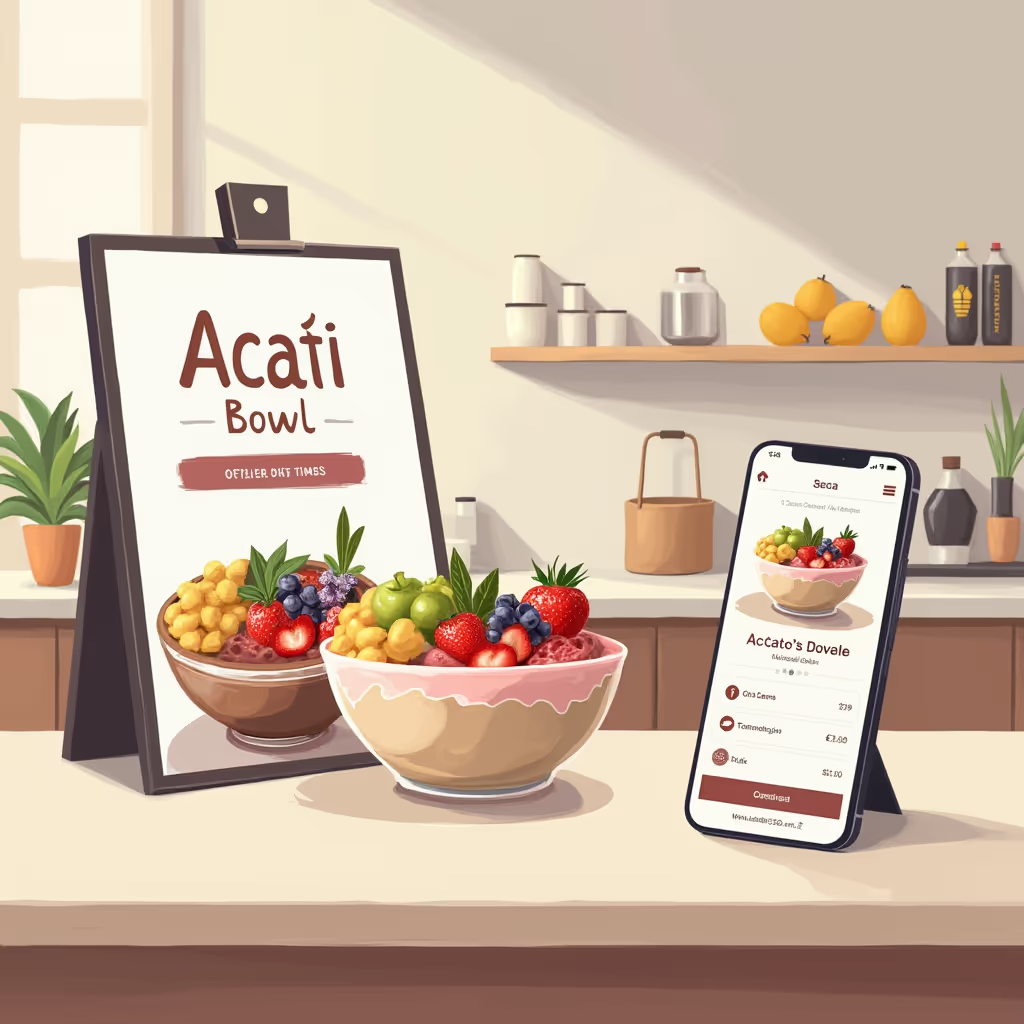
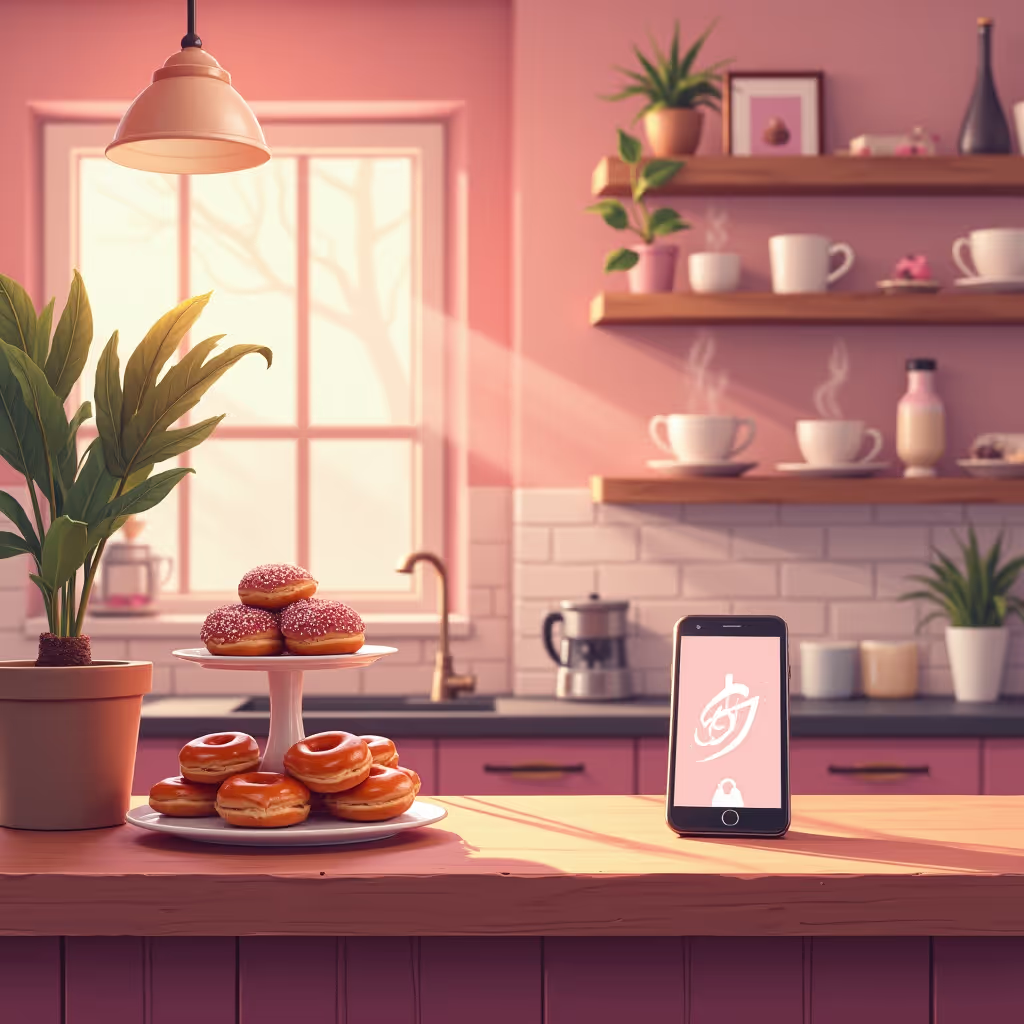
.avif)
.avif)
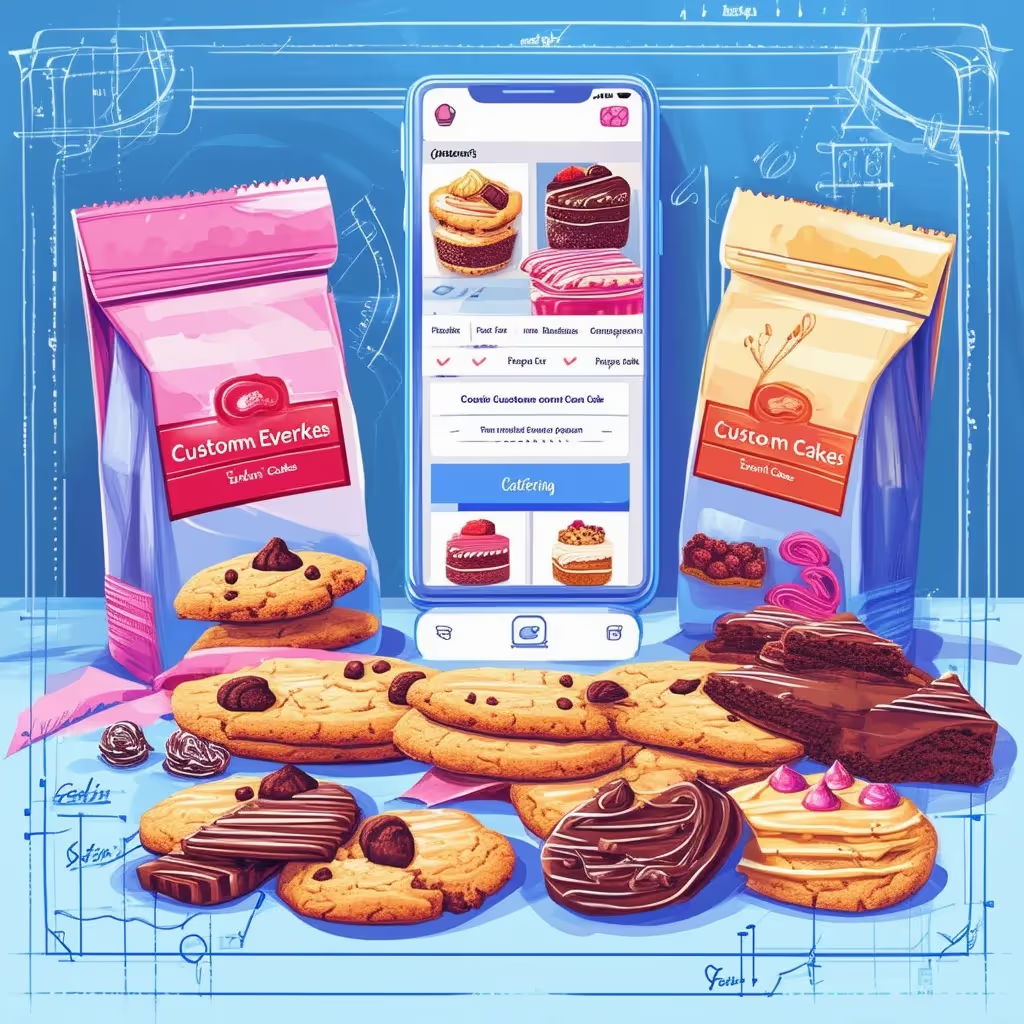
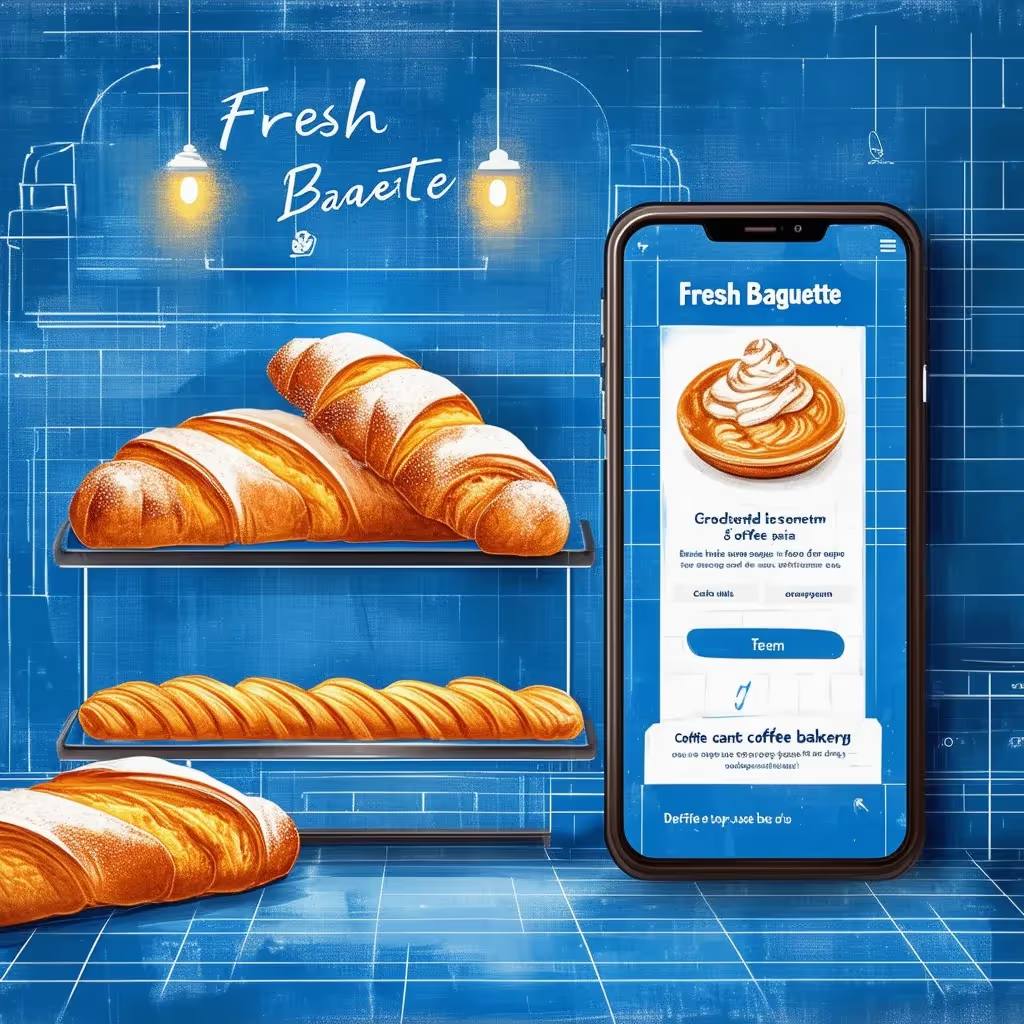
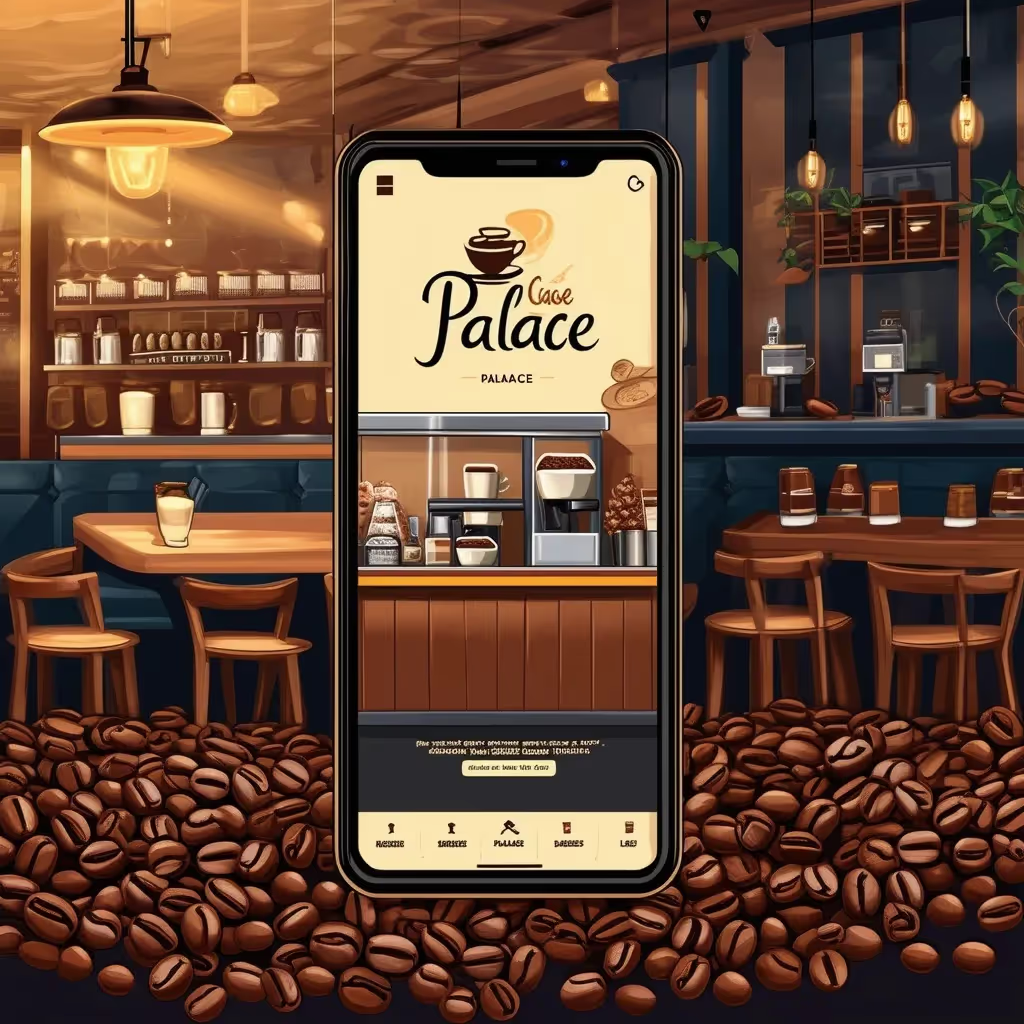
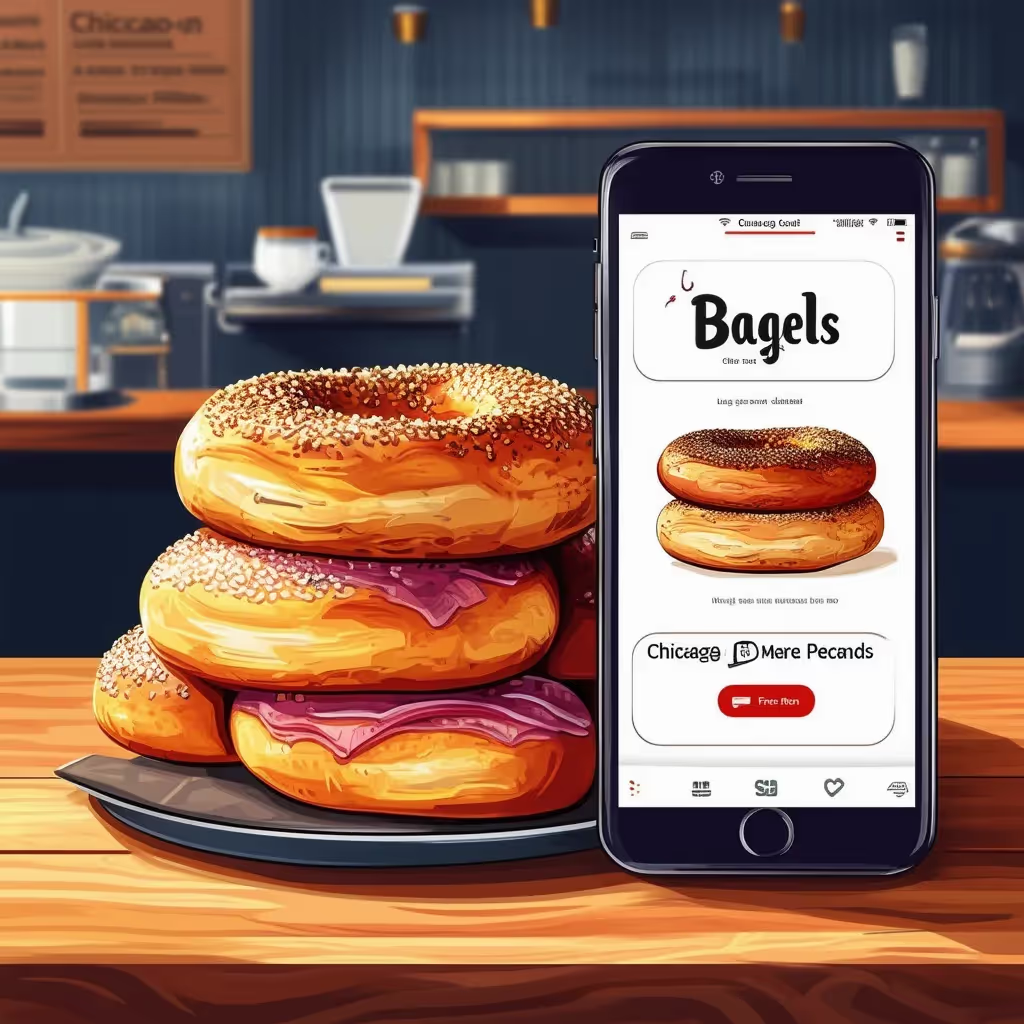
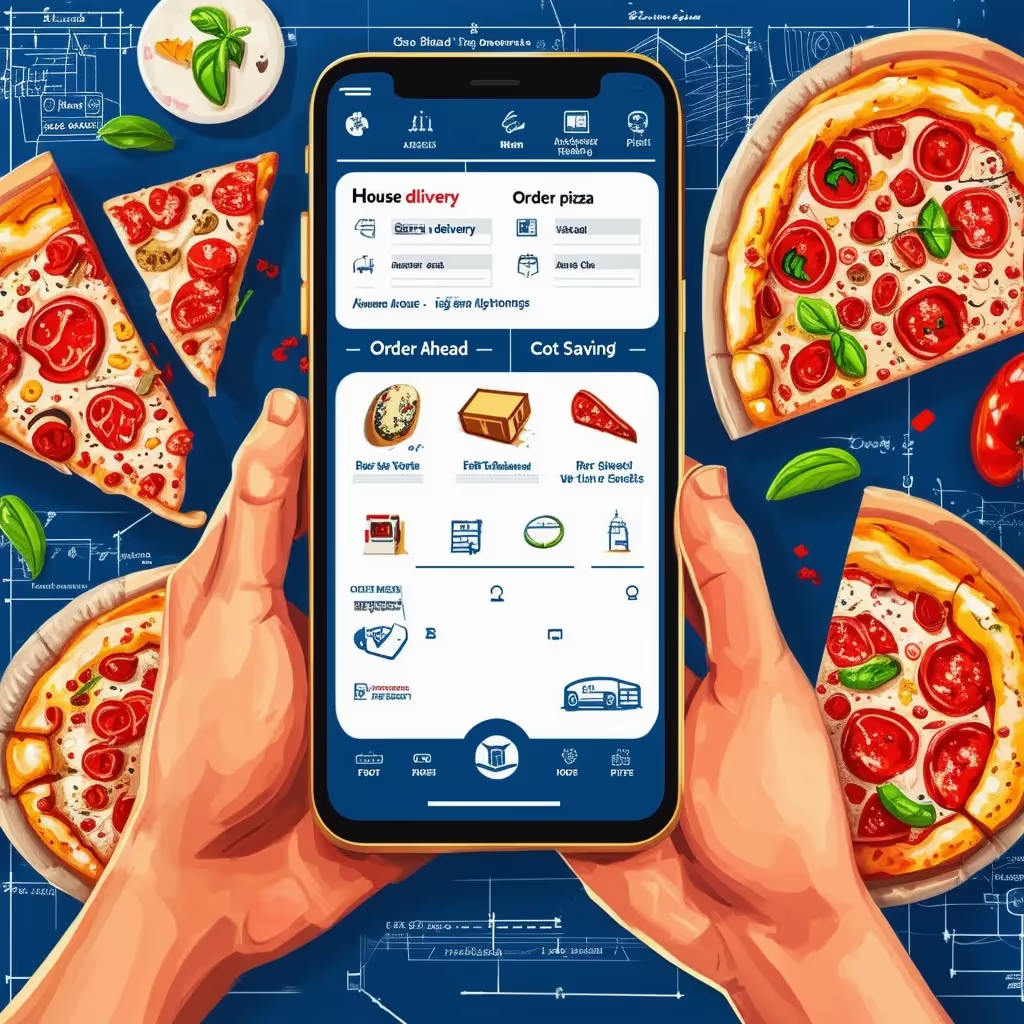

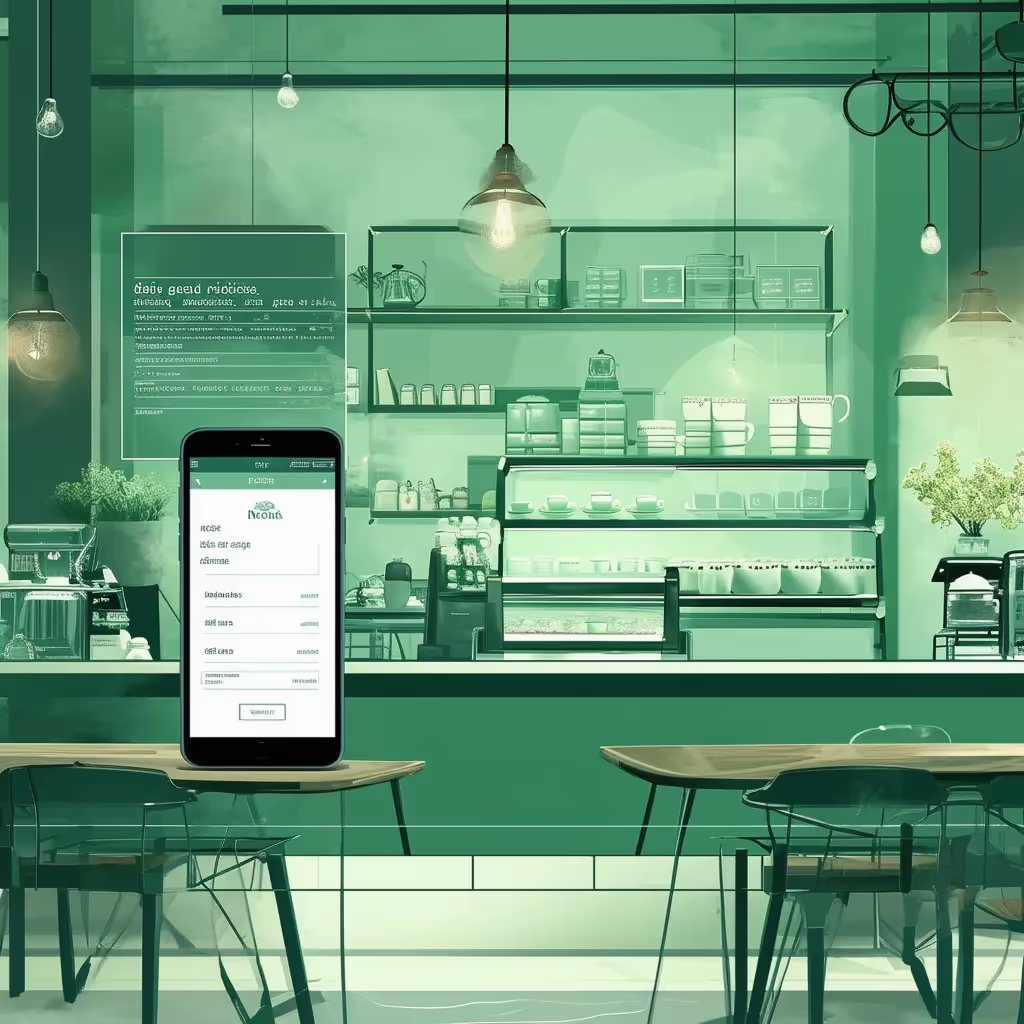

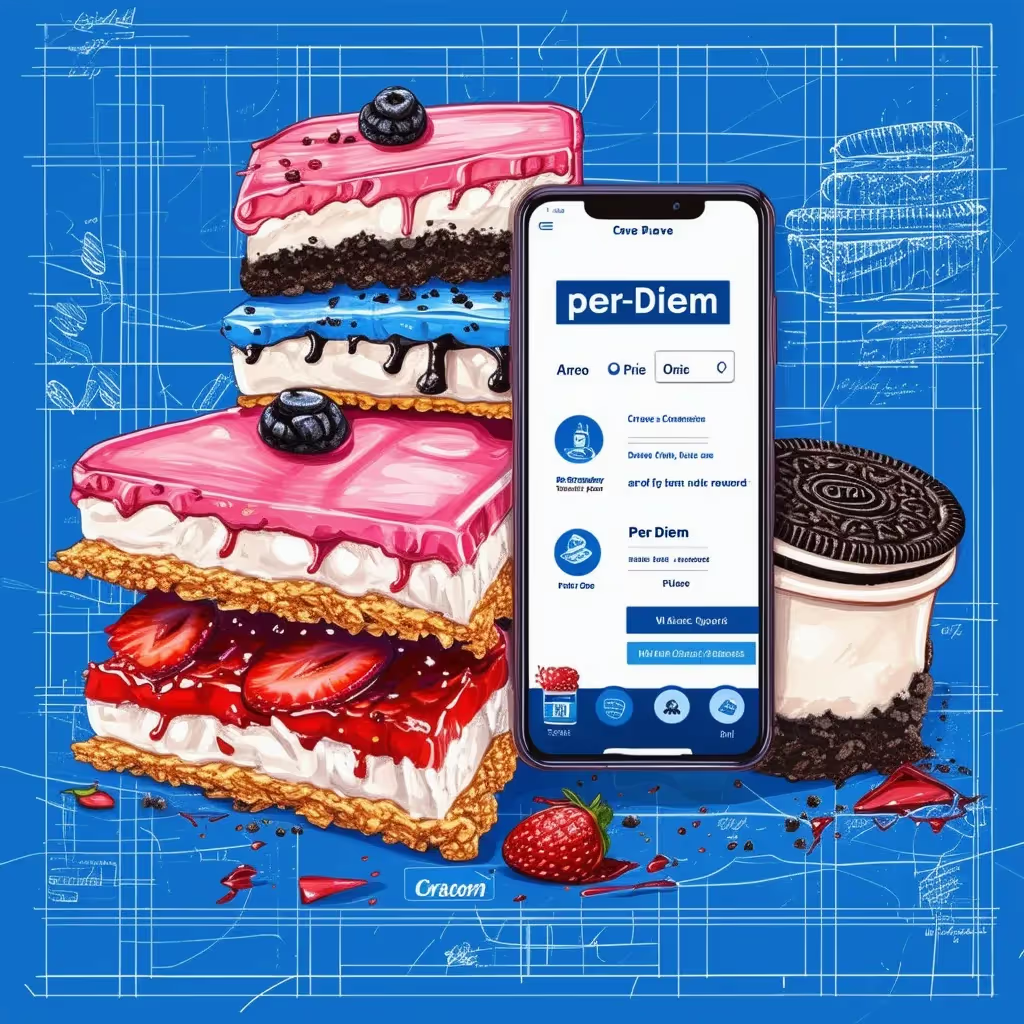
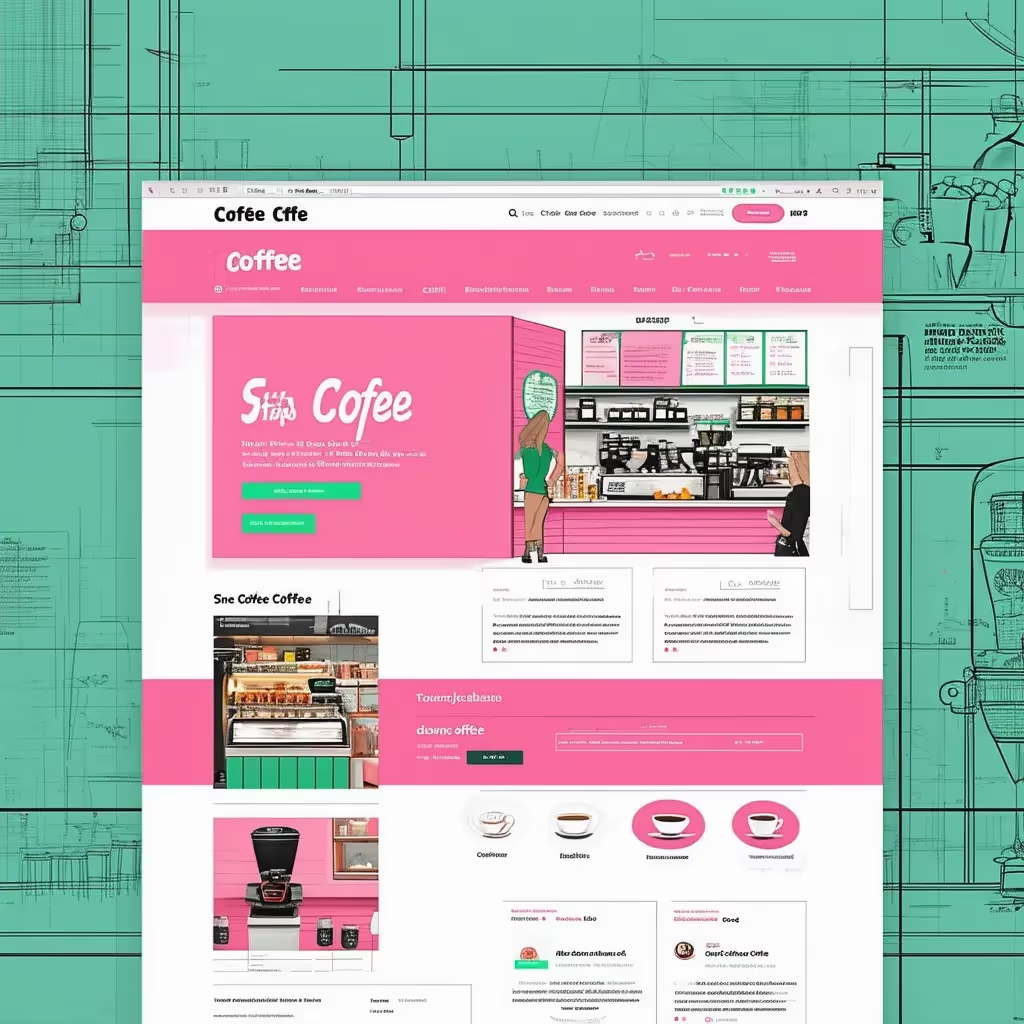
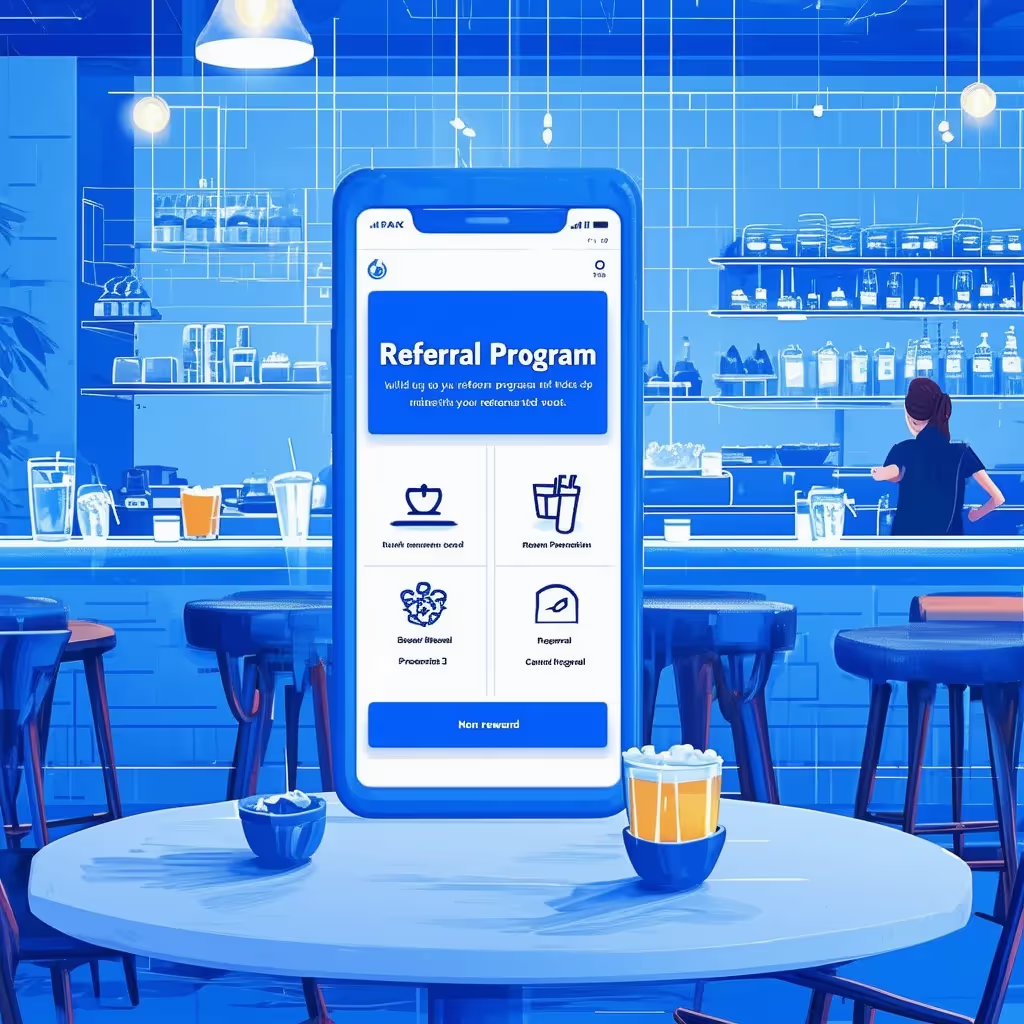


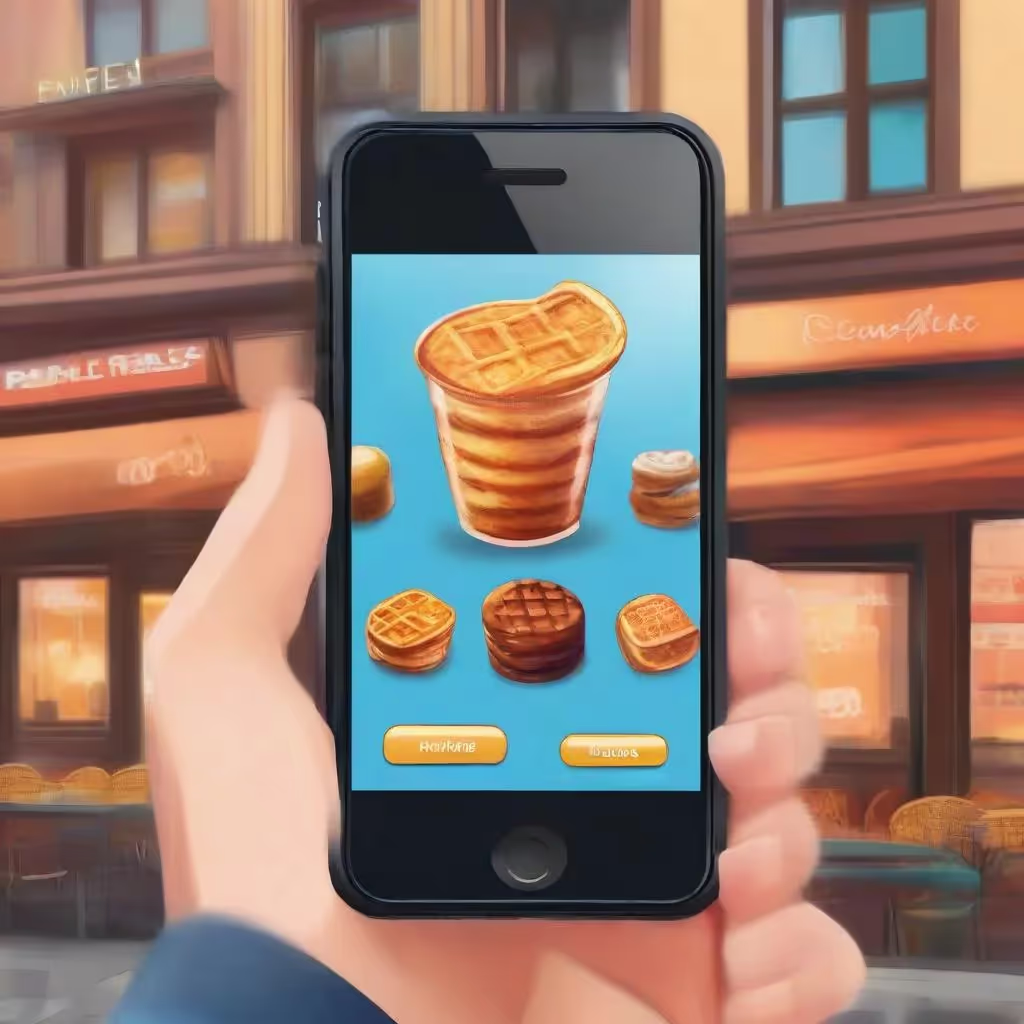
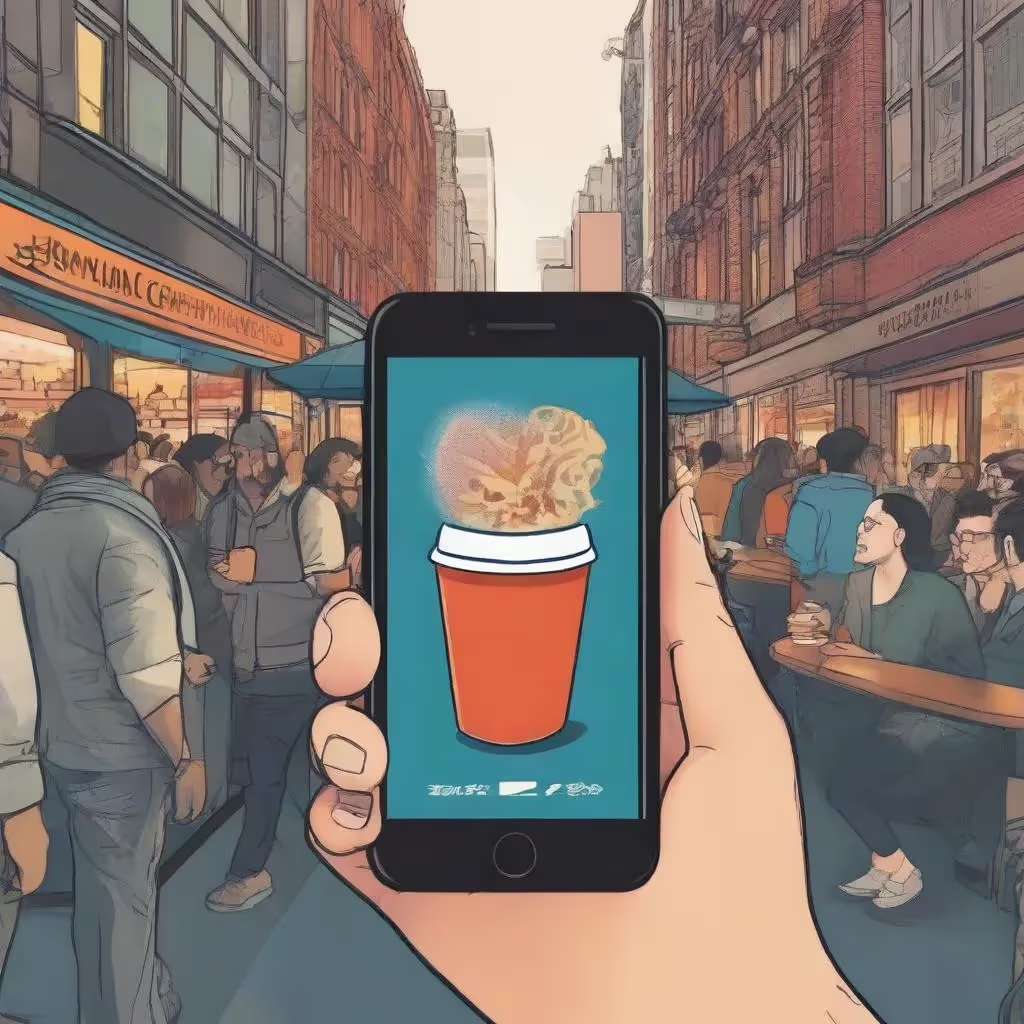
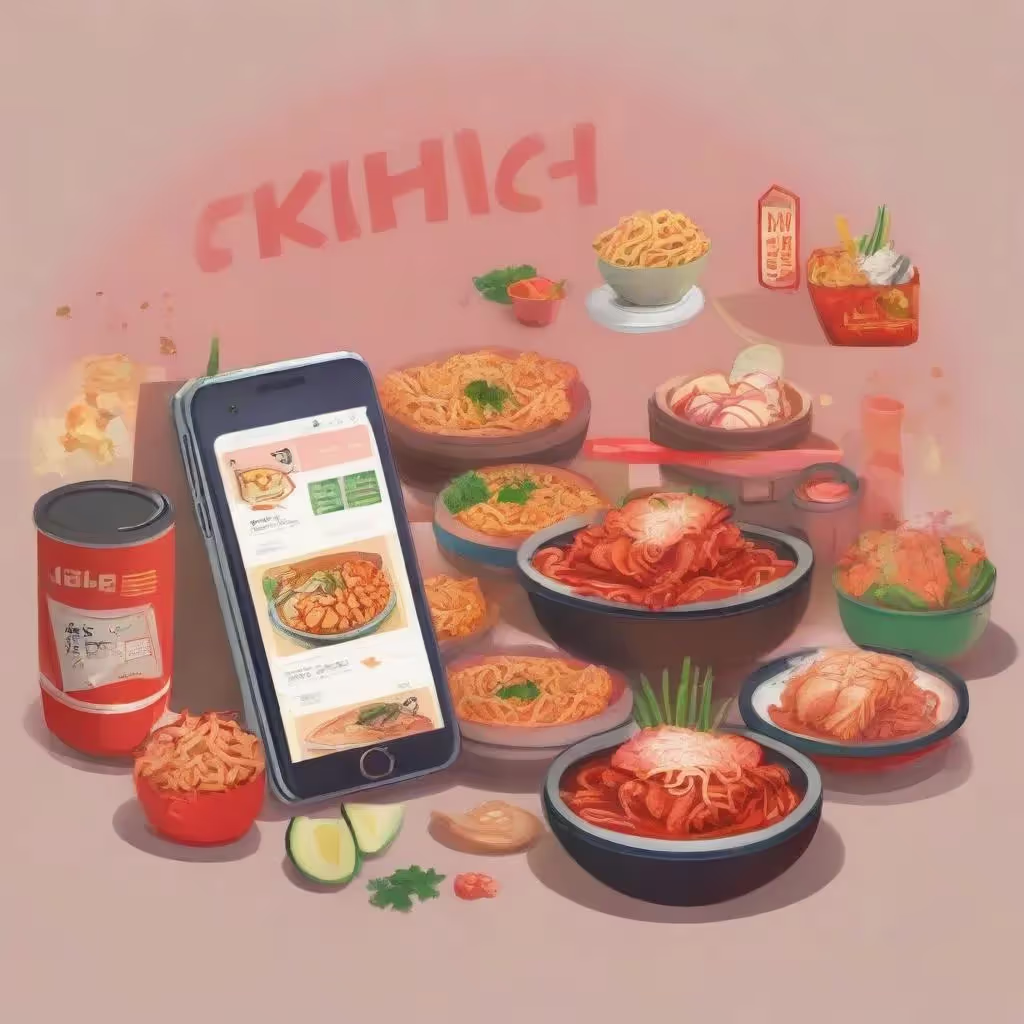
.avif)
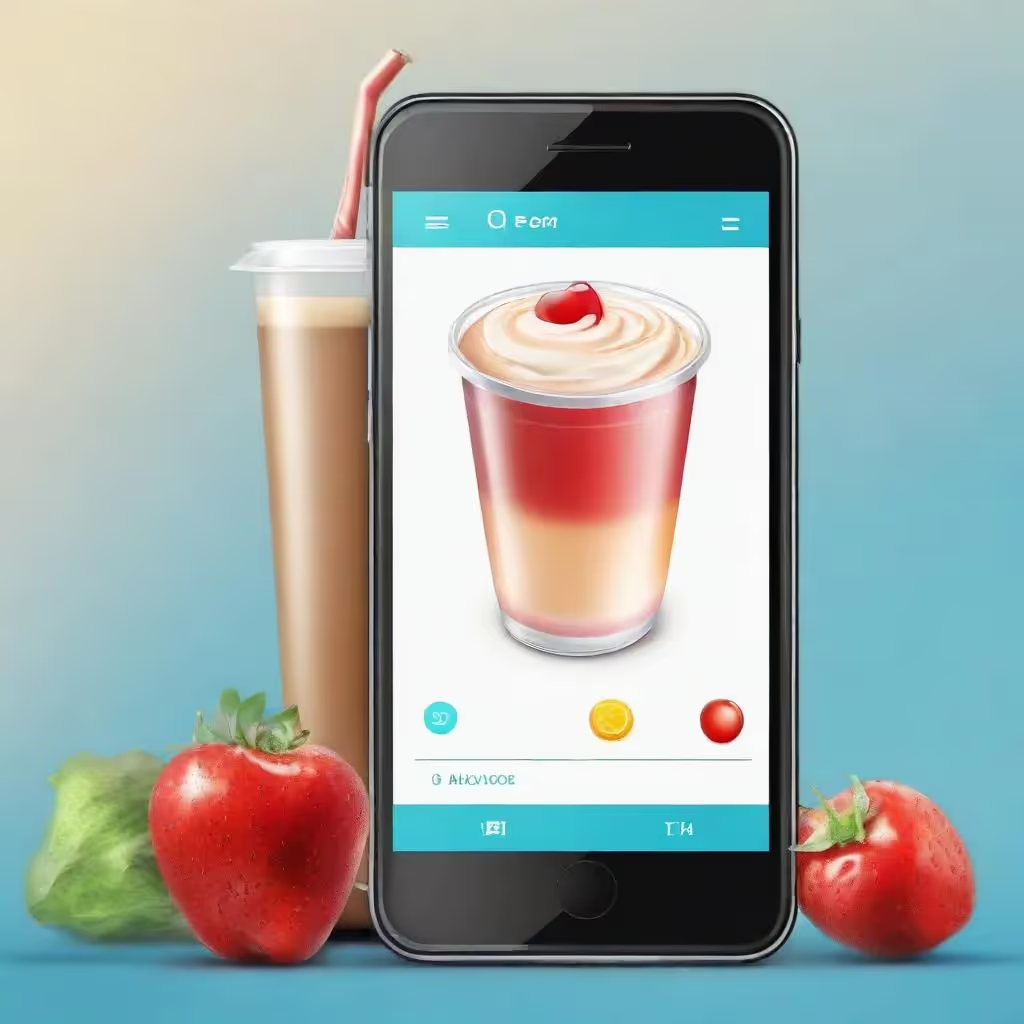



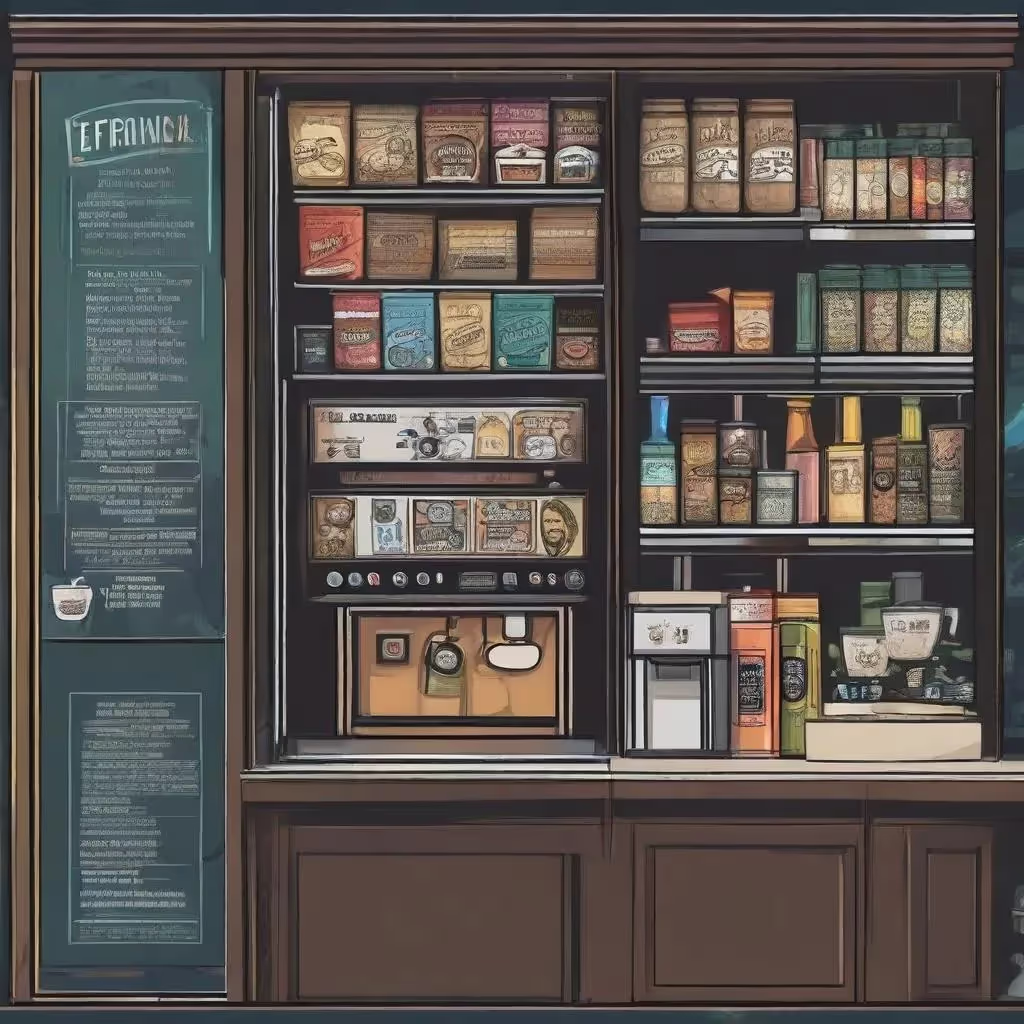
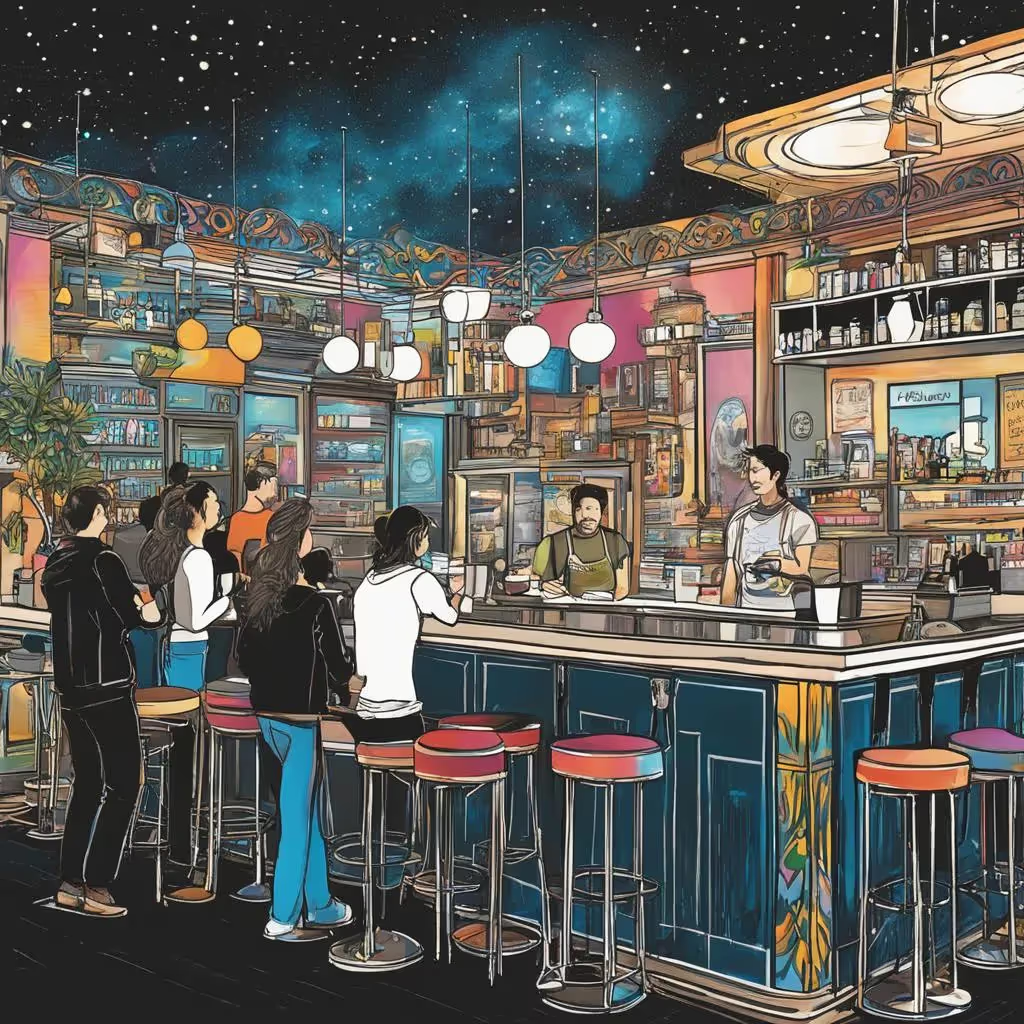

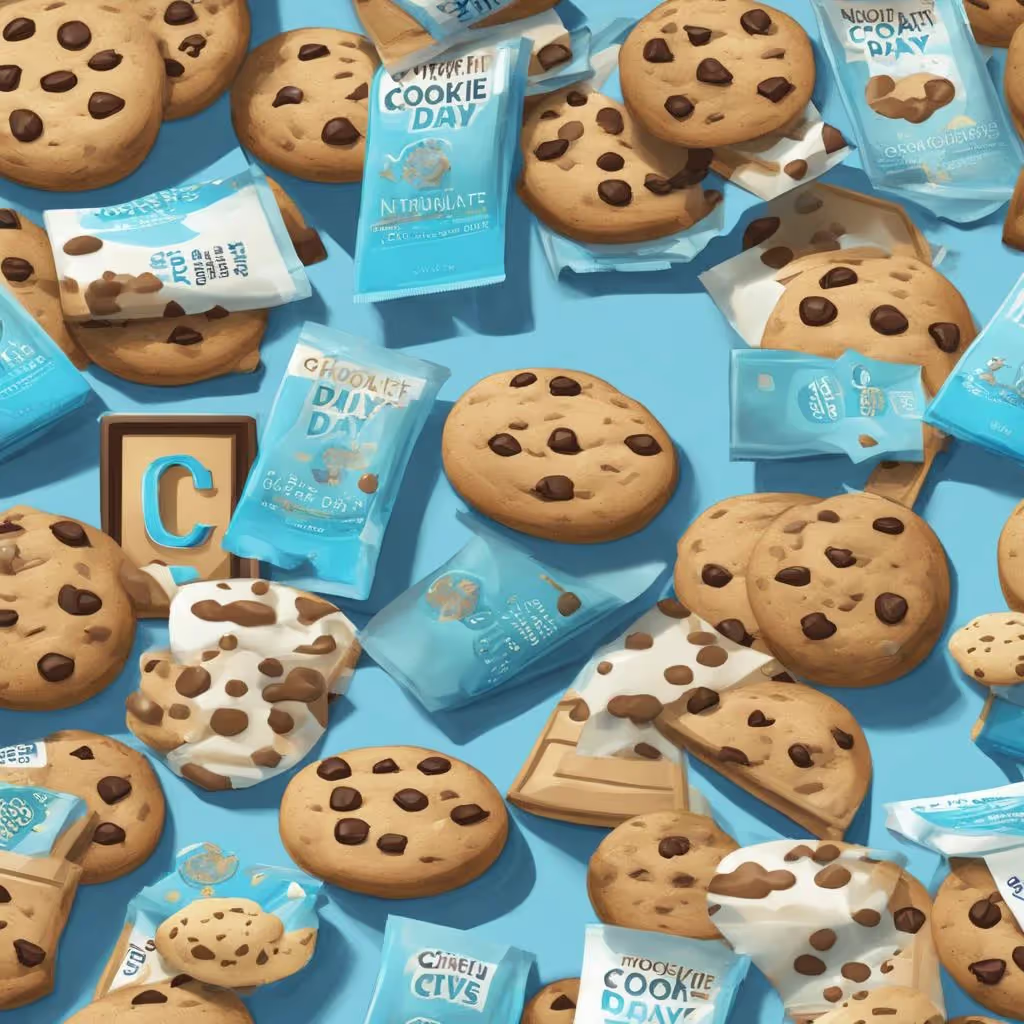
.avif)
